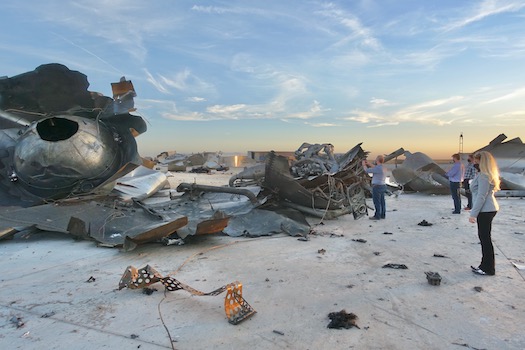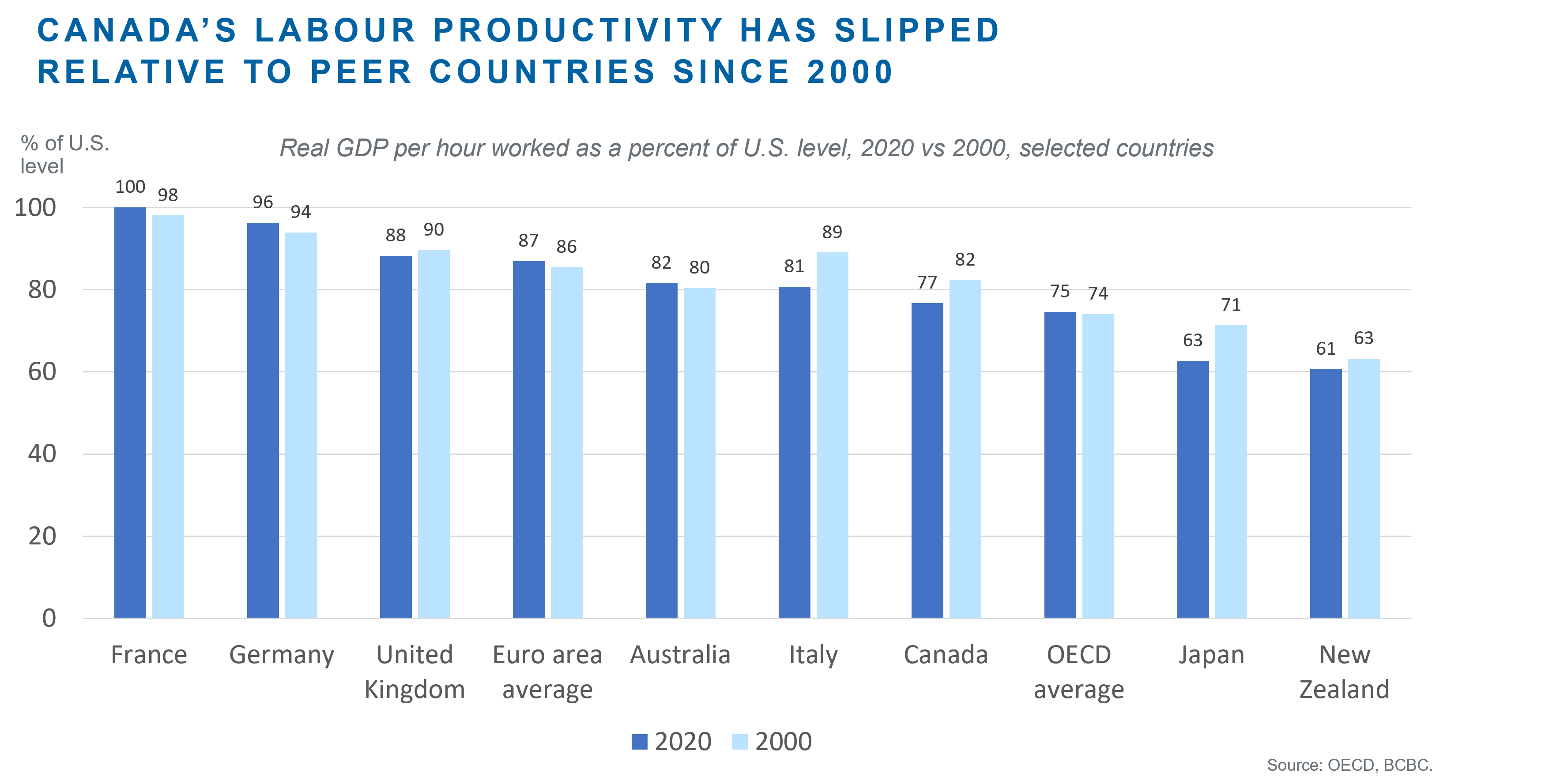Considering two lost decades before the fire
 by Jesse Zeman
by Jesse Zeman
Jesse Zeman is the Executive Director of the BC Wildlife Federation (BCWF)
In 2003, British Columbia got a taste of catastrophic, uncontrollable wildfires and the pall of choking smoke lasting months. We were rightly frightened at the prospect of this apocalyptic new reality.
The provincial government commissioned former Manitoba premier Gary Filmon to investigate and produce the Firestorm 2003 Provincial Review.
More than 260,000 hectares of forest were destroyed province wide, according to that report, which Filmon characterized as “unprecedented.” In 2003, more than 2,500 wildfires destroyed 334 homes, and more than 45,000 people were evacuated.
Today, a fire season of that magnitude would be a welcome relief.
Since the Filmon report started gathering dust in government storage, that one-season damage figure has been eclipsed repeatedly, most egregiously in 2017 (1.3 million ha) and 2018 (1.35 million ha). In the current fire season, we have seen five times more hectares burned compared to 2003 and it’s still August.
After the Filmon report was delivered, wildfire, floods, climate change, and drought have steadily worsened, but action has been consistently placed on the back burner. If 2003 was a wake-up call, British Columbia’s leaders have been hitting the snooze button like some perverse game of Whack-a-Mole.
Read more: Feds take initial step to counter 40-year-decline in Canadian wildfire research
Before the 2017 provincial election, the long-term defunding of the environment was acknowledged, and British Columbians were promised change. The results have been disappointing: We’ve seen our worst fire seasons ever, several atmospheric river events that triggered widespread flooding, drought, and the continued decline of fish and wildlife.
Judging by government action to date, we haven’t got a care in the world.
For all of the talk about climate change, drought, wildfire, fish and wildlife, the provincial government has consistently defunded programs to care for land, water, air, fish, and wildlife. In 1992, British Columbia invested 4.7 percent of its budget caring for renewable resources. By 2022, it had been cut to 1.1 percent, the worst in more than 50 years of budgets.
While there have been some small, positive steps such as the Watershed Security Strategy and Fund, the reality is that since the early 1980s B.C. has added millions of people and more than doubled the provincial budget, while simultaneously reducing the relative share of the budget allocated to the environment.
What happens next matters.
If history is any guide, governments will invoke a crisis management approach, then bleat about making plans, public consultation, and process. This is pointless foot-dragging.
Our provincial and federal governments have created thousands of plans, mainly poorly implemented un-resourced paper tigers.
Without a commitment to fund and resource our renewable resources, any planning is simply a plan to fail. If the Province is genuinely concerned about tackling drought and wildfires, and restoring fish and wildlife, funding must come first. If it doesn’t, history shows us it will never happen.
If your community is on fire, choked by smoke, out of water, or, all of the above, with any luck you now understand why: these issues are not a priority for government. While elected officials have engaged in the theatrics of concern, they’ve been slowly eliminating the funding and the staff who were responsible for taking care of our land, air, water, fish, and wildlife.
Unless the province sets aside a meaningful portion of our provincial budget for our renewable resources, we should expect to see fish and wildlife decline, massive uncontrollable wildfires, and widespread drought as the norm. After all, that’s what has happened in the 20 years since the last wake-up call. The BCWF suggests BC allocate 5 percent of the provincial budget to renewable resource management, so that we can start to restore our air, land, water, fish, and wildlife resources. Is five percent for the environment really too much to ask?
If the provincial government hits the snooze button again, the opportunity to save what we have will be lost forever.
R$
| Organizations: | |
| People: | |
| Topics: |
Events For Leaders in
Science, Tech, Innovation, and Policy
Discuss and learn from those in the know at our virtual and in-person events.
See Upcoming Events
You have 0 free articles remaining.
Don't miss out - start your free trial today.
Start your FREE trial Already a member? Log in
By using this website, you agree to our use of cookies. We use cookies to provide you with a great experience and to help our website run effectively in accordance with our Privacy Policy and Terms of Service.





